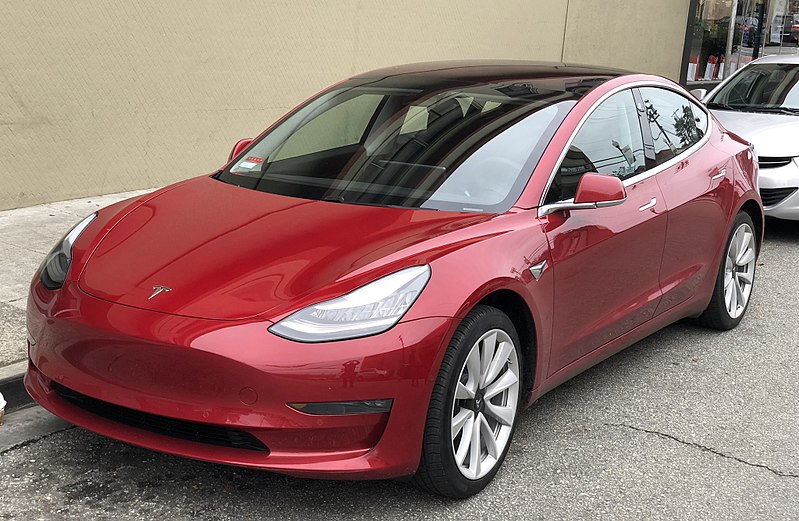- The Model 3 Performance has two motors and can go from 0-60 mph in 3.5 seconds, with a top speed of 155 mph.
- A “base” Performance version can be ordered for $64,000; the car I sampled was fully loaded, at $78,000.
- I drove the Model 3 Performance for only about an hour, in less-than-ideal Manhattan conditions, but my overall impression was that the car is completely brilliant.
Here’s the bottom line: I really, really, really liked the Tesla Model 3 when I drove it earlier this year — but I like the high-performance version much, much better.
Earlier this year, I took my first proper spin behind the wheel of the Tesla Model 3, perhaps the most anticipated car in the history of the automobile industry. I had driven the Model 3 for about 15 minutes when it was launched in July of 2017, and I was impressed. The few hours that Business Insider had with the well-equipped $57,500 rear-wheel-drive version of the vehicle reinforced all my initial enthusiasms.

That was just the appetizer, however. The entrée arrived this week: the $78,000 high-performance, dual-motor, all-wheel-drive Model 3. Tesla has labeled its previous cars in this category with a “P” (for performance) and a “D” (for dual-motor), along with the kilowatt-hour designation of the battery. Thus, the high-performance AWD Model S with the biggest battery available in the P100D.
Not so with the Model 3. The trim I sampled doesn’t have Model 3 badging at all and get just a “Dual Motor” label on the rear. Tesla refers to it as the Model 3 Performance.
I had a few complaints about the Model 3, but they’ve faded with time. And my main beef with what I’ve been calling the P3D was with the elevated pricing. But Tesla has adjusted it, so that a “base” P3D can be had for $64,000. If you take a pass on some of the upgrades, you get a considerably better driving experience than what the tricked-out RWD Model 3 offers — for less than $10,000 extra.
The P3D is an important evolution of the Model 3 for Tesla, which isn’t currently manufacturing the no-frills $35,000 version of the car (that vehicle will have a smaller battery than the Model 3’s now on sale, as well as a more bare-bones interior). Tesla needs revenue, and the pricey P3D will bring it in. Besides, the company’s history is that buyers tend to flock to its more expensive cars, at least initially.
Read more: Business Insider
